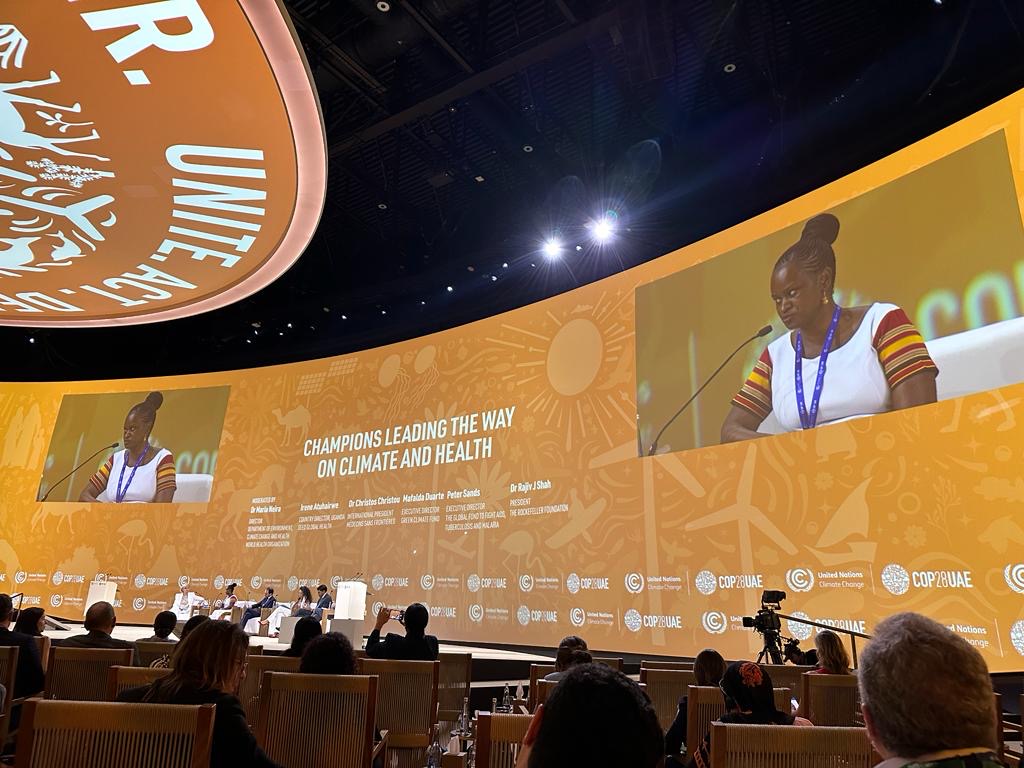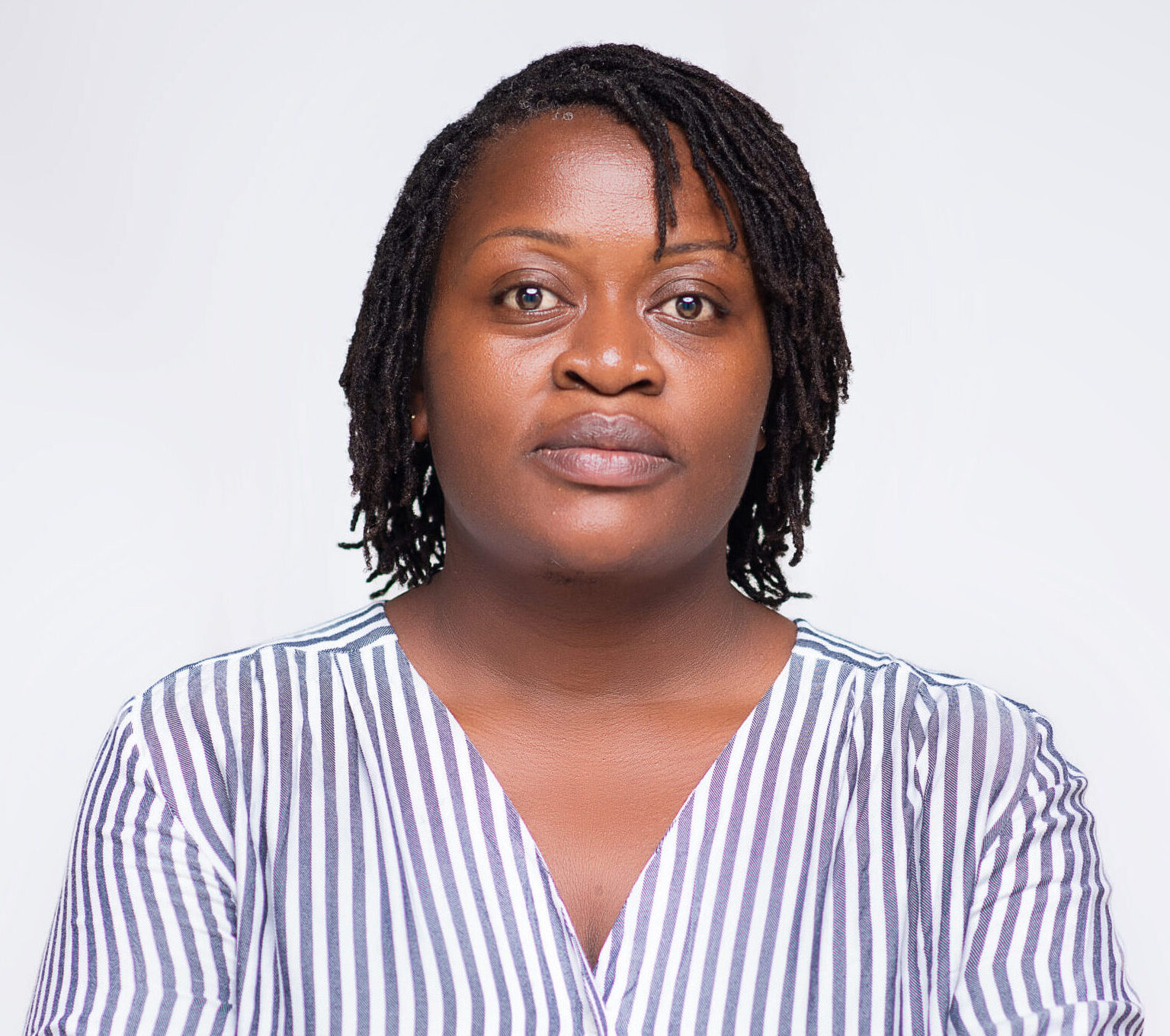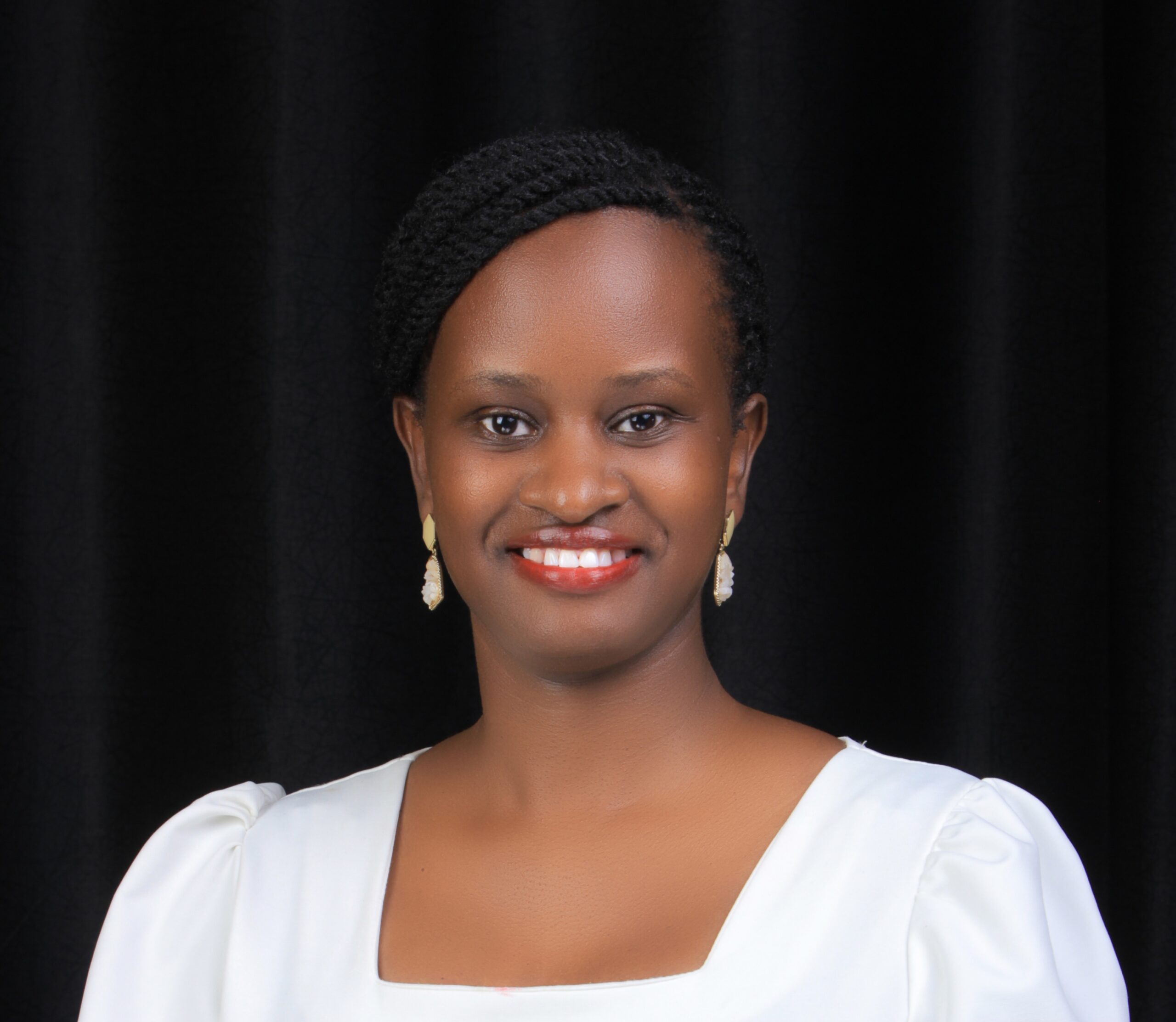
COP28 Roundup
The first-ever Day of Health at a UN climate change conference was a strong start
Many governments, international organizations, NGOs, private sector companies, advocates, and our team at Seed Global Health worked tirelessly to ensure that COP28 was a success in getting leaders, policymakers, and donors to recognize the links between climate change and health and commit to take action.
Key takeaways to inform the way forward:
✅ With 143 countries endorsing the Declaration on Climate and Health, there is finally wide recognition that the climate crisis is a health crisis. This recognition will mobilize stronger, more pragmatic, and more effective action to improve health, strengthen economic growth, reduce equity gaps, protect security, and ensure we create a more balanced and sustainable future.
✅ However, the declaration fell short of mentioning fossil fuels, which we know are responsible for 5.1 million deaths every year just from air pollution. We cannot address the climate and health crisis without phasing out fossil fuels. It is encouraging that several countries submitted strong annexes to the declaration, which call for fossil fuel phase out and an end to fossil fuel subsidies. Seed partner countries Malawi, Uganda, and Zambia were among the countries making this call.
✅ The announcement of the loss and damage fund is a terrific and powerful start. And while it’s encouraging to see the big pledges, the funding amount is far from enough. Only about $700 million was pledged, yet we need close to $390 billion annually to meet the adaptation and resilience challenges from climate change. We should all be worried about how we will close this gap.
✅ It is also exciting to hear that $1 billion was pledged for climate and health, however the concern is that this is recycled or already-pledged funding as opposed to new, increased funding to help vulnerable communities adapt now to the changes happening on their doorsteps. We all need to keep a close eye on this and encourage accountability.
✅ But it’s not clear how fast any of these new funding commitments will be able to move – nor how countries and communities, especially those most vulnerable to the effects of climate change, will be able to access the funding. We cannot afford new administrative structures when people are already dying. We are running out of time.
And now the work begins anew: We must continue to push for new, never-before-pledged funding, ensure the funding moves quickly and gets to those who need it most, and keep up this good momentum because nothing less than our survival is at stake.

